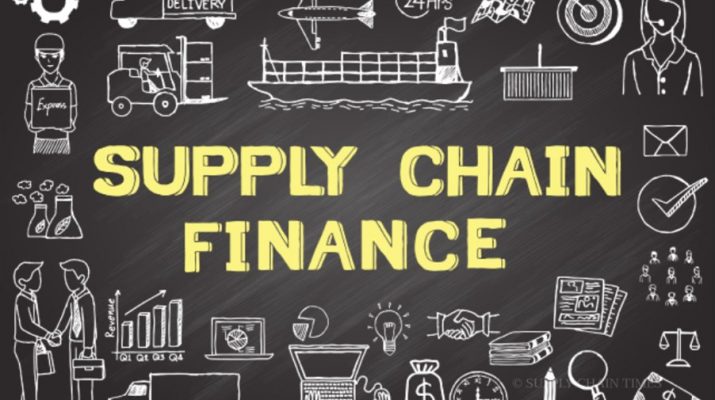Supply chain financing refers to the type of finance in which the suppliers will receive instant payment on the invoices shared by them. The process is helpful to minimize the risk of supply chain distributors and enable the suppliers and buyers to optimize their working capital which is also referred to as reverse factoring.
However, unlike other chains of finance, this technique sets up the purchasers in place by the suppliers. As a result of this, the suppliers can also get the supply chain finance at a minimal cost.
Supply chain finance describes the broad solutions, which include dynamic discounting. This is how the purchasers fund the entire sequencer by enabling the suppliers to access the early payments based on the invoices.
How does the Supply Chain Financing System Work?
The buyer will first sign into an arrangement with a supply chain financing provider, after which it will ask its vendors to participate in the program. Several supply chain finance projects are supported by a particular consumer finance source, while technology professionals manage others on a multi-funder basis through a specialized platform.
Traditionally, buyers concentrated on integrating their top 20 or 50 subcontractors, but technology-driven solutions now allow firms to provide supply chain finance to tens, thousands, or even large numbers of vendors. This is largely facilitated by offering user-friendly systems and automated supplier acquisition procedures that allow large suppliers to be onboarded quickly and with minimal effort.
Suppliers might seek early payment on their invoices after a supply chain finance program is up and operating. Following that, the supply chain financing process takes place, which usually looks like this:
- First of all, the buyer will purchase the goods from the vendors or suppliers to whom they trust
- Once the buyers purchase the goods, the supplier will issue the invoice to the purchasers with payment due for a certain number of days, such as 30 days, 60 days, or 90 days.
- After that, the buyers will approve the invoices for making the payment
- The suppliers can also ask for early payment after sharing the invoices
- The funders will send the payments to their suppliers with small charges that are deducted
- Buyers can make the payment to the funders on the due date of the invoice
As far as accounting is a concern, then suppliers and buyers can implement the strategy/ supply chain finance process so that everything can be arranged easily.
What are the Benefits of Supply Chain Financing?
By implementing the supply chain financing, one can receive the following benefits:
- Optimize the working capitals that help to maintain the payment functions.
- Easily access the lower-cost funding process like factoring and make the finance funding more attractive.
- Improve the flow of cash and forecast accuracy, which in turn helps to improve the cash flow.
Conclusion
Supply chain finance is a dynamic process that allows companies to access payment deductions and other financial processes easily. It is also helpful for the businesses to maintain the surplus demand and deploy the funding process.




